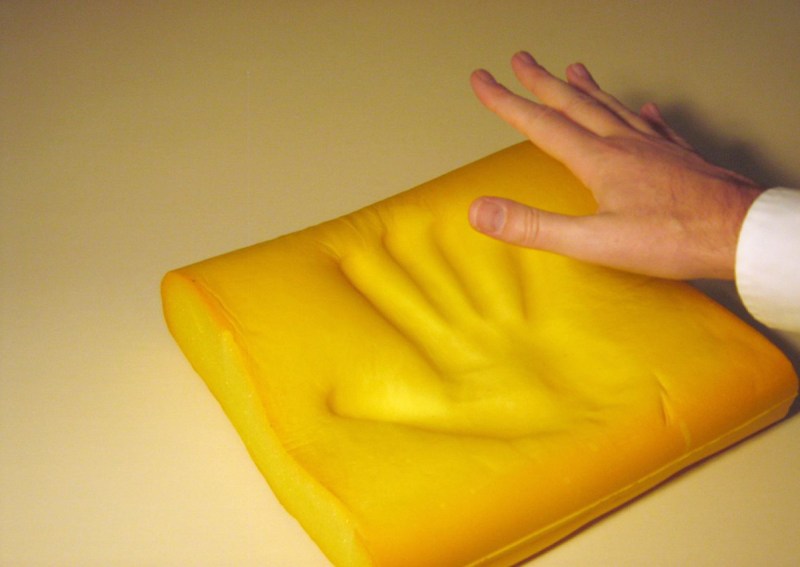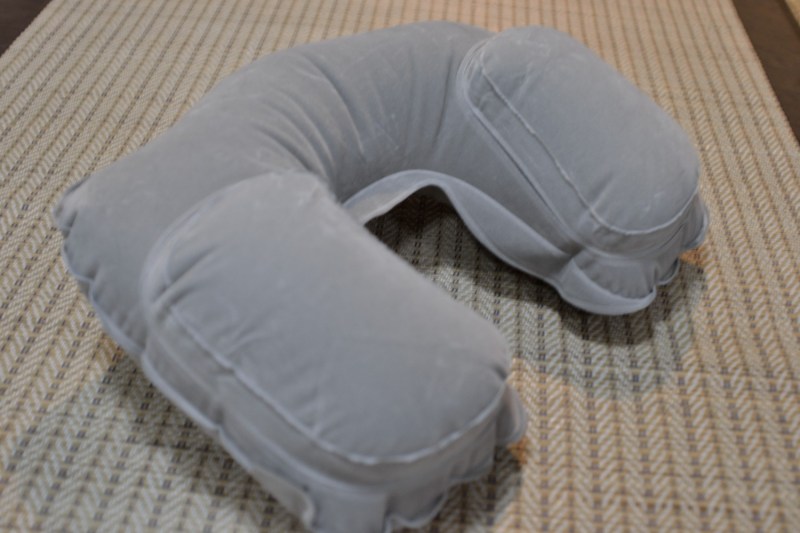Memory foam is not just for mattresses anymore: It’s also used to make pillows. But is it a good idea to go all-in on memory foam pillows to complete your perfect bed? We’re checking on our pillows today to determine whether it’s time for an upgrade.

Related Guides
- What to look for in a cooling pillow?
- Best Firm Mattresses for a Great Night’s Sleep
- The CBD Pillow Review: How it works and why you just might need one
- Which Mattress Is Better, a Coil Spring or Memory Foam?
Is It Time to Look for a New Pillow?
Maybe you sleep on your back and need some extra support for your neck. Perhaps you’re looking for a cooling pillow that helps your body reach an optimal temperature. Likewise, you may be thinking of something that can provide a little more comfort while traveling. Or you might simply be in the market for a vegan and/or hypoallergenic alternative to down pillows.
Whatever your own situation is, it is easy to find new reasons to buy a new memory foam pillow. But really, is it necessary? If your old pillows are making you sneeze, leaving you with neck pain every morning, or leaving you feeling awkward in your airplane seat, this might be a good time to consider a new memory foam pillow.

What’s the Deal With Memory Foam Pillows?
Like memory foam mattresses, memory foam pillows are designed to contour to your body and absorb any shock. As a result, they can provide better spinal alignment, and they may even help tame snoring. Memory foam pillows can help back sleepers keep their necks aligned to their natural curves, and they can help side sleepers maintain proper form as well.
For travelers who need more cushion for their long flights and road trips, horseshoe-shaped compact memory pillows can provide convenient comfort and much-needed neck support. Since memory foam is made from polyurethane, it’s a viable alternative to down feathers that are collected from birds and that might cause allergic reactions in some people.

This also means that memory foam pillows tend to maintain consistent texture and form – as in, they’re less likely than down pillows to become lumpy over time. They’re also more likely to remain firm all night, as opposed to down pillows that may turn flat and require rearranging.
Who Really Needs Memory Foam Pillows, and Who Should Skip Them?
If you’re heat-sensitive, you may need to proceed with caution and look carefully for pillows that specialize in keeping your head cool — particularly pillows that utilize cooling fabrics like bamboo and cotton. If you’re extra sensitive to odors, keep in mind that some memory foams contain volatile organic compounds (VOCs) that give off a pungent odor when new: This is called off-gassing. Typically, the off-gassing ends a few days after the memory foam in question enters a well-ventilated room. If you’re still concerned about the odor or potential health risks, make sure to look for products that are specifically labeled “Low VOCs.”
If you need a pillow that maintains consistent texture, helps with pain and snoring, contains no animal byproducts, and works great for home and travel, then you may benefit from a new memory foam pillow. With so many options now available, it shouldn’t be hard to find the right memory foam pillow for you.




